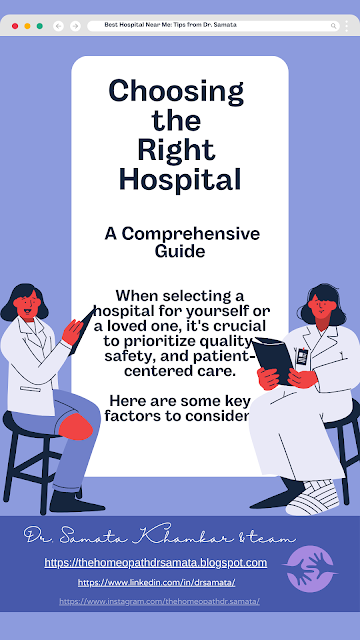Here's a comprehensive guide to help you make an informed decision:
Understanding Quality Standards in Healthcare
Quality standards in healthcare play a pivotal role in ensuring patient safety and positive outcomes.
They provide guidelines and criteria for healthcare organizations to follow, promoting consistency and excellence in care delivery.
Key areas of focus for quality standards include:
Patient Safety: Preventing avoidable errors and harm to patients.
Infection Control: Implementing effective measures to prevent the spread of infections.
Regulatory Compliance: Adhering to relevant laws and regulations.
Emergency Preparedness: Ensuring readiness to handle emergencies and disasters.
Patient Rights: Protecting and upholding patient rights.
Clinical Governance: Promoting quality, safety, and risk management.
Comprehensive Care: Providing holistic care that addresses all aspects of a patient's needs.
By prioritizing quality standards, healthcare organizations can create a safer and more effective environment for patients and their families.
Essential Factors to Consider When Choosing a Hospital:
Accreditation and Certifications: Look for hospitals accredited by reputable organizations like the National Accreditation Board for Hospitals & Healthcare Providers (NABH) or the Joint Commission International (JCI).
These certifications indicate adherence to stringent quality standards.
Infrastructure and Facilities: Assess the hospital's facilities, including:
Hygiene and Sanitation: Ensure clean and hygienic facilities.
Modern Equipment: Check for state-of-the-art medical equipment and technology.
Emergency Services: Verify the hospital's capacity to handle emergencies and provide timely care.
Patient Comfort: Consider amenities like comfortable waiting areas, clean patient rooms, and accessible facilities.
Medical Expertise:
Qualified Staff: Research the qualifications and experience of doctors, nurses, and other healthcare professionals.
Specializations: Check if the hospital has specialists in the required field of treatment.
Success Rates: Inquire about the hospital's success rates for specific procedures or treatments.
Patient Care and Experience:
Patient-Centered Approach: Look for hospitals that prioritize patient satisfaction and involve patients in decision-making.
Feedback and Reviews: Read patient reviews and testimonials to gauge the overall experience.
Waiting Times: Consider the average waiting times for appointments and procedures.
Additional Considerations:
Insurance Coverage: Verify if the hospital is covered by your insurance plan.
Affordability: Compare costs and payment options.
Location and Accessibility: Consider the hospital's location and accessibility for patients and caregivers.
Tips for Making an Informed Decision:
Research and Compare: Gather information about different hospitals in your area and compare their facilities, services, and patient reviews.
Ask for Recommendations: Seek advice from friends, family, or healthcare professionals.
Visit the Hospital: Schedule a visit to the hospital to assess the facilities and atmosphere.
Inquire About Quality Standards: Ask the hospital about their accreditation, certifications, and quality initiatives.
Consider Your Specific Needs: Evaluate the hospital's expertise in the area of treatment you require.
By carefully considering these factors, you can make an informed decision and choose a hospital that best meets your healthcare needs and ensures a positive experience for yourself or your loved ones.
Would you like to delve deeper into any specific aspect of choosing a hospital?


Comments
Post a Comment